This Guy Rubs A Raw Tomato On Cheese Grater. The Reason Is Brilliant!
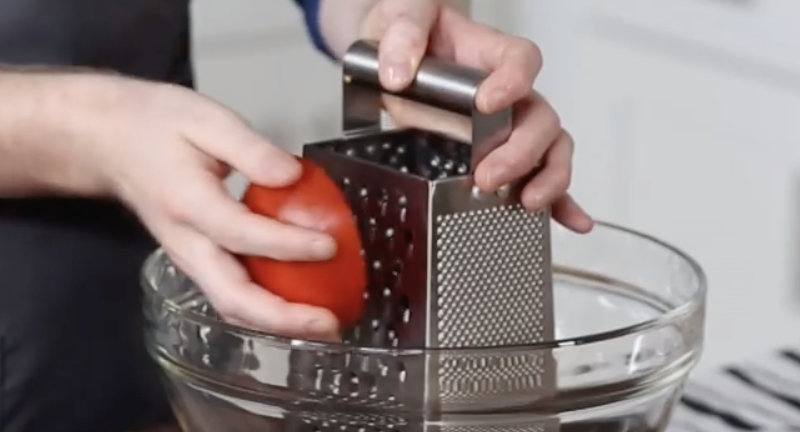
What is more delicious than a great tomato sauce on pasta? Traditional homemade sauces that some of us remember our Italian grandma’s cooking for family Sunday dinners, hold great memories, but took many hours simmering and stirring until it arrived at the table. Although such sauces are fantastic, what if you could actually skip all of that cooking and achieve a fantastic home-made sauce to pour over your pasta?
After watching this tantalizing and simple DIY video, in which Food & Wine’s Justin Chapple illustrates how to make a completely fresh tomato sauce that can be ready in minutes, I tried making this. All that I needed was a square grater, some fresh ripe tomatoes, salt, pepper and olive oil.
What’s so amazing about the technique Justin demonstrates, is that it eliminates the need for peeling and dicing the tomatoes. I added some oregano, and fresh basil (as he did) and I have to tell you that my family was blown away at how delicious the sauce was! If you try this, please let us know how yours came out.
Please SHARE this recipe with family and friends
Apples Begin To Brown Right Away. This Brilliant Trick Will Keep Them Fresh For More Than 24 Hours
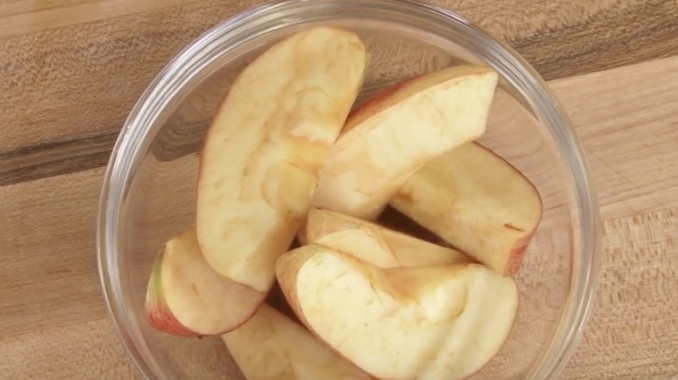
Have you ever toiled over a fruit salad just to have it turn brown before you have even finished making it? Fruit browning can ruin the presentation and texture of any dish that contains susceptible fruits. Many people use lemon to keep the fruit from browning and to keep it fresh and crispy for longer. The downside is that lemon changes the flavor of the dish, which can sometimes be good, but other times can have a negative impact on the flavor. Watch this video to find out a trick that will let you keep your fruit fresh for even longer, without negatively impacting the flavor!
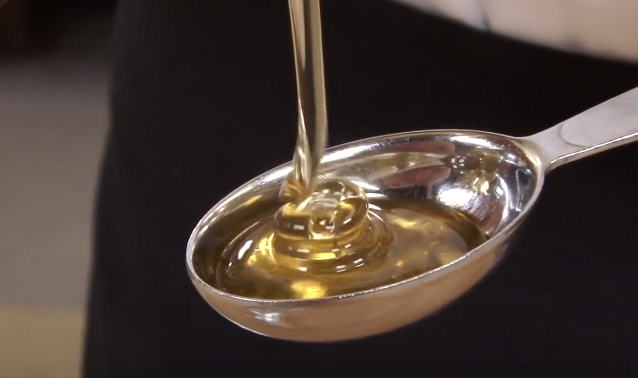
So what is the secret? One of Nature’s most magical substances, honey! The honey that is eaten by humans is made by honey bees from the nectar of various flowers. Due to its chemical properties, it can be stored for an incredibly long time without going bad, if stored properly. There are examples of honey being preserved for centuries, and it was even used as a preservative in ancient Egypt.
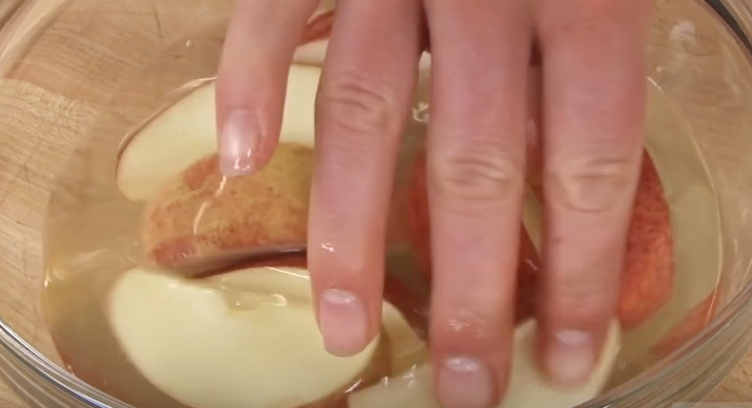
Browning happens because of an enzyme called polyphenol oxidase, and the honey contains a compound that counteracts the enzyme and stops the browning. The most common fruits that are susceptible to browning include apples and pears, but the problem is not limited to fruit. Potatoes and parsnips are also prone to browning, and this trick works on them as well!
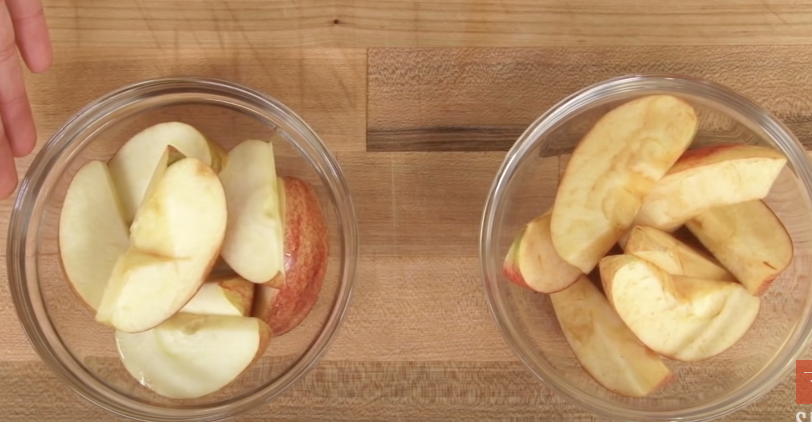
Have you found this trick to work on any other fruits or vegetables?
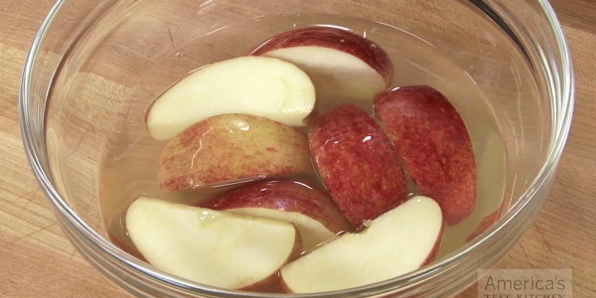
Please Share This Tip With Family and Friends




